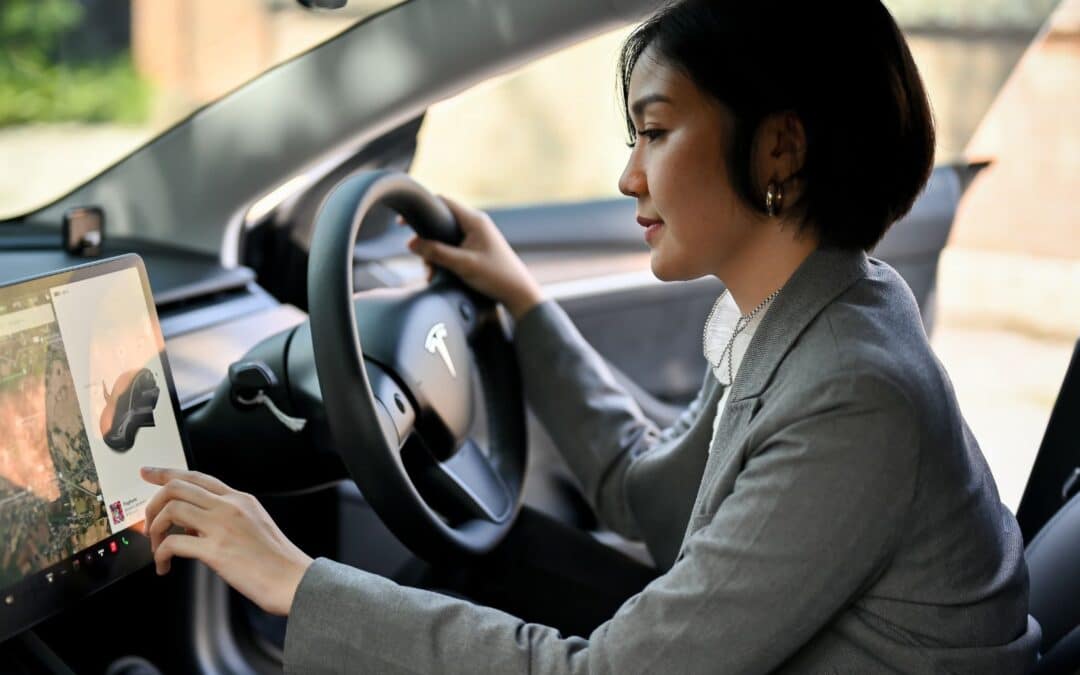Imagine walking down a bustling Chicago street, surrounded by the sounds of car horns and chatter. Suddenly, a self-driving car approaches, its sensors scanning the road ahead. As autonomous vehicles (AVs) increasingly share our roads, concerns about pedestrian safety grow. The integration of AVs into our transportation system promises enhanced efficiency and reduced accidents, but what are the implications for pedestrian injuries?
Understanding Autonomous Vehicle Technology
Autonomous vehicles employ a combination of sensors, GPS, and artificial intelligence to navigate roads. This technology aims to minimize human error, a leading cause of motor vehicle accidents. AVs use various sensors, including:
- Lidar (Light Detection and Ranging) sensors to create high-resolution 3D maps of the environment
- Radar sensors to detect speed and distance
- Cameras to recognize pedestrians, traffic lights, and road signs
AVs process this data to make decisions, such as stopping at intersections or yielding to pedestrians. However, their limitations can pose risks.
Potential Risks to Pedestrians
While AVs can detect and respond to pedestrians, potential hazards remain. Inclement weather, low light conditions, and obstructed views can impair sensor accuracy. Software glitches or errors in programming can also lead to malfunctioning AV systems. Additionally, human error plays a role, as pedestrians may unintentionally interact with AVs in unpredictable ways.
Liability in Autonomous Vehicle Accidents
Determining liability in AV accidents can be complex. Multiple parties may be held accountable, including:
- Manufacturer liability for design or software flaws
- Operator liability for neglecting to take control of the vehicle
- Municipal liability for inadequate infrastructure or regulations
For instance, if an AV strikes a pedestrian due to a faulty sensor, the manufacturer may be liable for the design flaw, while the municipal government may be responsible for inadequate regulations.
Protecting Your Rights as a Pedestrian
If injured by an autonomous vehicle in Chicago, take immediate action:
- Seek medical attention promptly to address your injuries
- Document the accident thoroughly, gathering evidence such as witness statements, photographs, and video footage
- Consult with an experienced Chicago personal injury attorney who understands the intricacies of AV accidents
Chicago Personal Injury and Autonomous Vehicle Legislation
Illinois has enacted legislation governing AV testing and deployment. The Illinois Autonomous Vehicle Act (2018) allows for AV testing on public roads, regulates human operator requirements, and provides guidelines for manufacturer liability.
Real-World Implications and Preparing for the Future
The interaction between AVs and pedestrians has already led to real-world accidents. To stay safe, remain vigilant:
- Be aware of your surroundings, especially when interacting with AVs
- Follow traffic laws and signals
- Stay informed about local AV regulations and safety initiatives
Addressing cybersecurity concerns is also crucial. Manufacturers and regulators must prioritize measures to mitigate potential hacking threats.
Conclusion
As autonomous vehicles integrate into Chicago’s transportation landscape, pedestrians must navigate this new reality. Understanding AV technology, potential risks, and liability can help protect yourself and your rights.
If you’re looking for an experienced Chicago personal injury lawyer to help navigate your personal injury claim, we will fight assiduously for your right to the compensation you deserve. Call Bizzieri Law Offices at 773.881.9000. The case evaluation is free, and we never charge a fee unless we recover damages for you.

